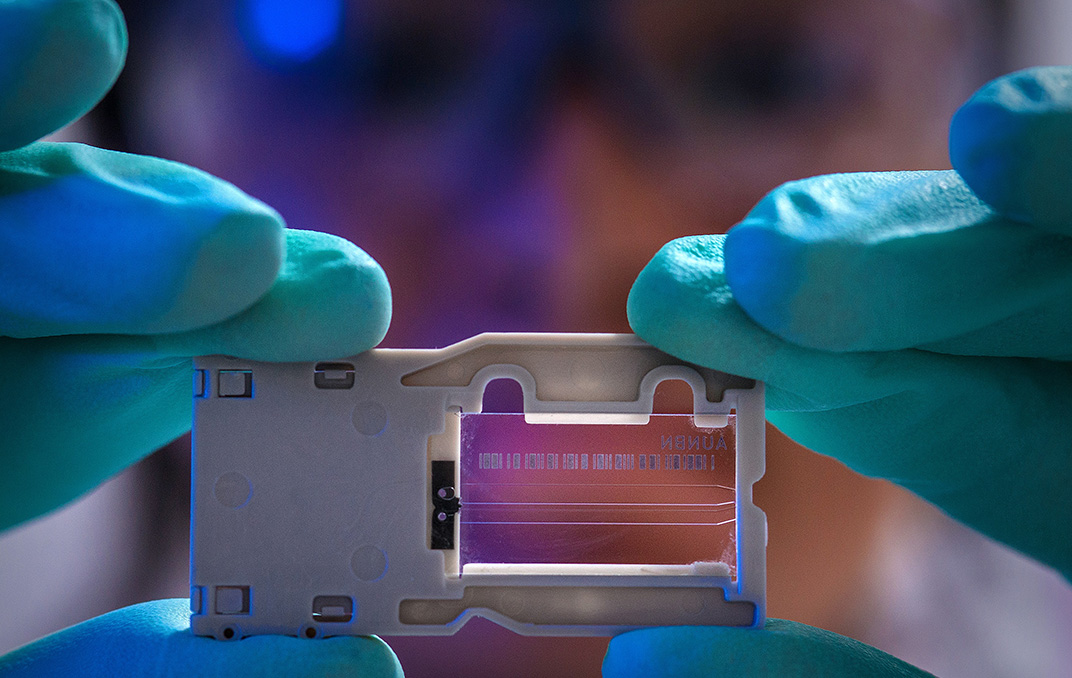
The Centre for Material Science & Technology focuses on studying and developing materials like metals, ceramics, and polymers to create better and smarter products. It uses advanced tools to understand the properties of materials and designs new materials for industries such as electronics, healthcare, and energy. The Centre offers well-equipped labs, expert guidance, and training programs for students, researchers, and industry professionals. Its goal is to advance material science research and develop innovative materials that meet modern needs.
To become a leading centre in discovering and developing advanced materials that drive innovation and support sustainable technology for a better future.
- To conduct advanced research in material science and technology.
- To develop innovative and sustainable materials for diverse applications.
- To provide high-quality training and resources for students and researchers.
- To collaborate with industry and academia to apply material innovations in real-world problems.
- To promote environmentally friendly and sustainable material solutions.
The objectives of the Centre for Materials Science and Technology are to develop and implement projects related to fibre-reinforced plastic composite materials as well as those related to other engineering materials such as metals, ceramics and polymers. The Centre also undertakes mechanical and non-destructive testing of various engineering materials for evaluating their mechanical properties and for evaluating defects such as cracks, voids, delamination, inclusions etc. Other activities include developing courses related to Materials Science and Technology and organizing Conferences/Seminars/Workshops/Short Courses in this area and to provide consultancy related to testing/development and analysis in the field of material science and technology.
Studying different types of materials like metals, ceramics, and plastics to understand their properties.
Nanotechnology:
Working with very tiny materials at the nanoscale to create new materials with special features.
Material Development:
Designing and making new materials that are stronger, lighter, or have other useful qualities.
Material Testing & Analysis:
Using special tools to check the structure and behavior of materials.
Industrial Applications:
Developing materials that can be used in industries like electronics, healthcare, aerospace, and energy.
Equipped labs for making and testing different materials.
Advanced Equipment:
Tools like microscopes and X-ray machines to study materials closely.
Computer Facilities:
Computers and software to simulate and analyze materials.
Workshops:
Spaces to prepare samples and carry out experiments.
Library:
Access to books, journals, and digital resources on material science.
- Material Testing and Analysis:
Testing materials to check their quality, strength, and other important properties. - Research Support:
Assisting students and researchers with experiments and data analysis. - Technical Assistance:
Helping users operate advanced lab equipment and instruments. - Consultancy:
Providing expert advice to industries on material selection and improvement. - Project Collaboration:
Working with academic and industry partners on research projects. - Training Programs:
Offering hands-on training in material science techniques and equipment. - Data Interpretation:
Helping understand and explain results from material tests.
Practical sessions to learn how to use advanced lab instruments like microscopes and testing machines.
Workshops on Nanomaterials:
Training on working with very small materials and their unique properties.
Material Characterization Workshops:
Learning how to analyze the structure and properties of different materials.
Research Methodology Workshops:
Guidance on planning and conducting material science research.
Industrial Applications Workshops:
Understanding how materials are used in industries such as electronics and healthcare.
Seminars & Expert Lectures:
Talks by specialists about the latest trends and discoveries in material science.
Certificate Courses:
Short-term courses offering certification to improve skills in material science and technology.
